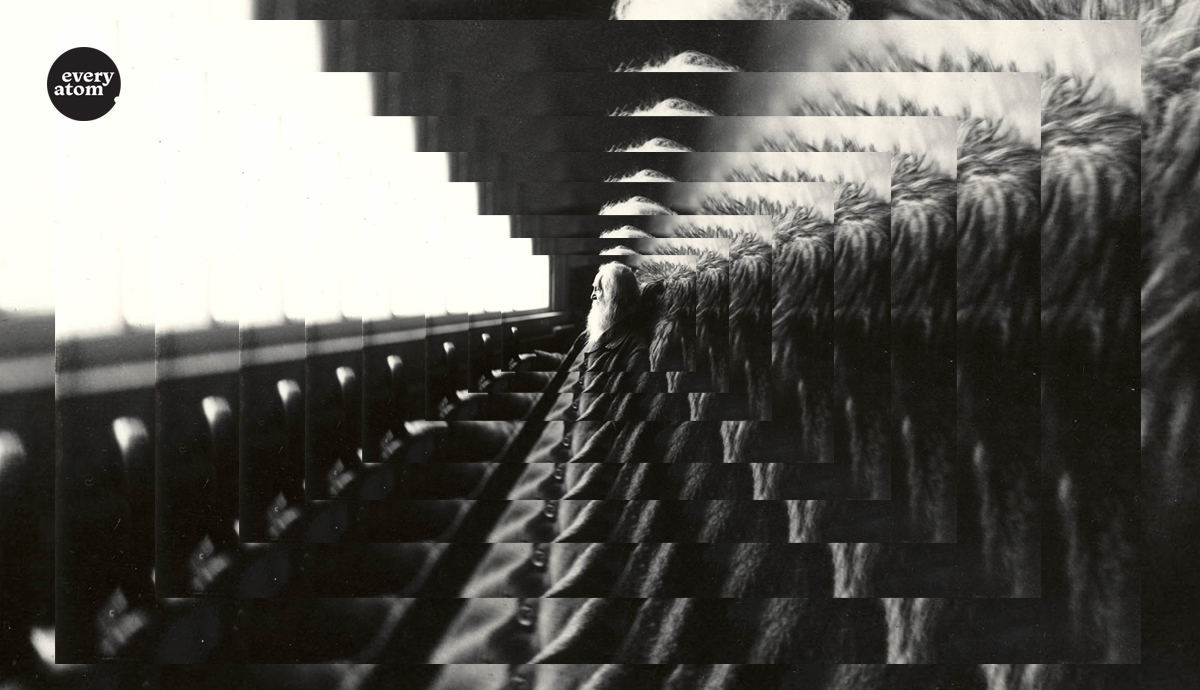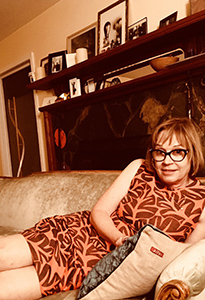Every Atom | No. 27
Introduction to Every Atom by project curator Brian Clements
As attracted as I am to the long line in general, to the long poem and the room it gives a poet to explore, to inch toward sense, to let all in, I find that more and more I have difficulty reading Whitman: the expansionism, the exceptionalism, the positioning of himself, of ME, of I at the center. I am suspicious of rhetoric. While claiming to include all: women, slaves, it is Whitman who is at the center, all a whirling vortex around him, a spinning ether he commands and distributes. America’s poet of escaping British formal constraints, his landscapes of a lost wilderness: these I value when reading Whitman. But when he lets in “the other”—someone who is not himself, the hurt and downtrodden souls of the underbelly of his perfumed exhalations, he is still central, commanding, heroic and authoritarian, the great white savior who lets others “sit next me at table . . . . my firelock leaned in the corner.” Though others people his poems, we are forced to see Whitman “giving”: “[I] gave him a room that entered from my own.” I often wonder what his poetry could have been had he been able to step away from himself, his gender, his race, his mirror. To me, the most interesting phrase here is “my firelock leaned in the corner.” Are we to read this as Whitman’s fear of the slave he has let sit next to him at the table? Or fear of those who are hunting the slave? Does Whitman intend this duality of association? The context of the earlier part of the line: “I had him sit next me at table”—troubles these waters of association. In this one long “democratic” line, a balancing becomes unbalanced, leaning toward a fear of the other, long a problem, part and parcel, in American democracy.
Recommended
Nor’easter
Post-Op Appointment With My Father
Cedar Valley Youth Poet Laureate | Fall 2024 Workshop







